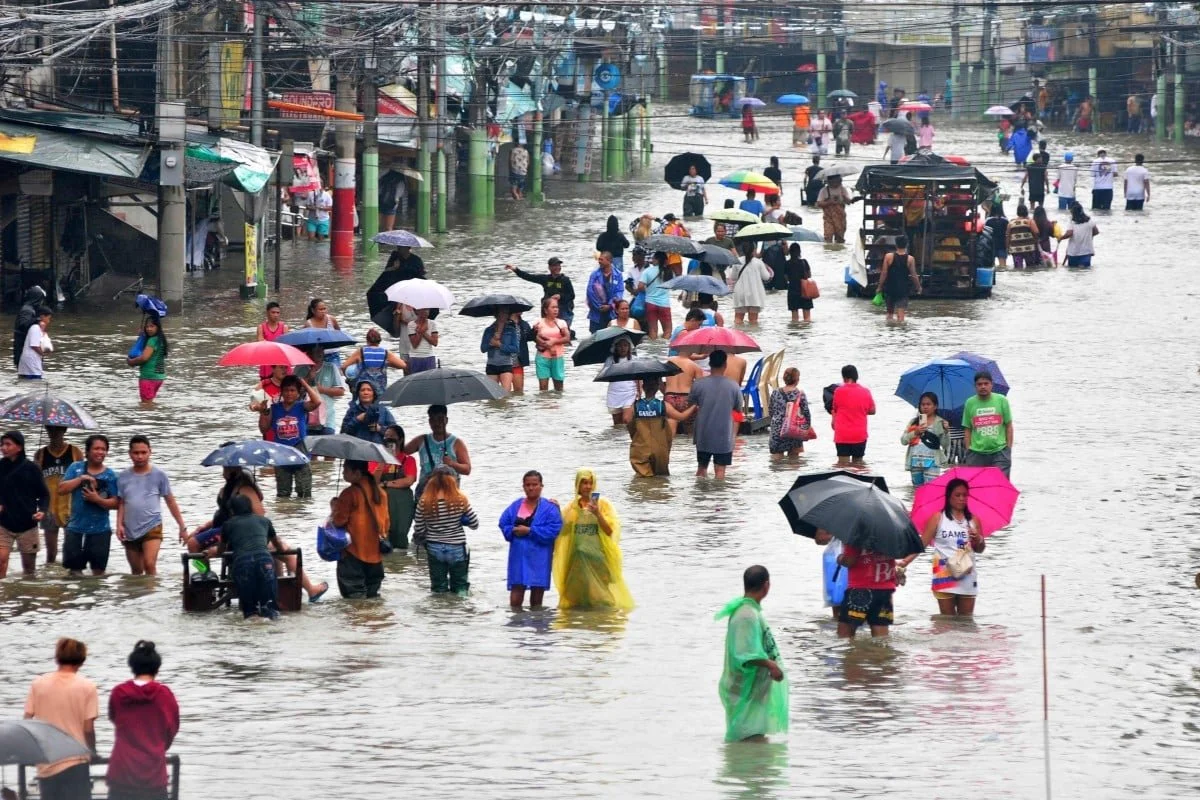From overpriced projects to ‘ghost employees,’ find out how corruption is hiding in plain sight—while you foot the bill.
Corruption in the Philippines drains education, healthcare, jobs, and infrastructure—here’s why every Filipino pays the price.
When we hear the word corruption, it often feels like just another headline—money under the table, rigged contracts, ghost projects. But corruption is not just something happening in Malacañang or the halls of Congress. It is the reason your groceries cost more, your roads are broken, your hospitals are overcrowded, and your job opportunities are fewer.
Corruption is not an abstract issue—it is an everyday reality that touches your wallet, your family, and your future. As former UN Secretary-General Kofi Annan once said, “If corruption is a disease, transparency is a central part of the treatment.”
Corruption Is Not Just a Political Story, But Your Story
The truth is, corruption does not live only in the news cycle. It shows up in the most ordinary parts of our lives. Overpriced government projects and stolen funds don’t just vanish into thin air. They come back to haunt us in ways we all feel: higher taxes, rising national debt, and relentless inflation.
When foreign investors see corruption scandals, they lose trust. Some pull out of the country, and others refuse to come in the first place. That weakens the peso. And every time the peso falls, prices of imported goods—rice, fuel, medicine—shoot up. This is why a bag of rice that used to be affordable now takes up a bigger portion of your salary.
Corruption is never “just politics.” It’s the invisible hand that makes every trip to the palengke more painful. As the saying goes, “A corrupt peso is a weak peso—every scandal adds weight to your grocery bill.”
When Corruption Builds Our Roads, We Pay Twice
Have you ever wondered why some newly constructed roads start cracking after only a few months? Or why classrooms remain overcrowded despite billions in education budgets? That’s corruption in action.
Funds that should have been used to build strong infrastructure, hire more teachers, or purchase better hospital equipment are diverted into the pockets of a few. The end result is public services that fail to serve. Parents are forced to enroll their children in private schools because public classrooms are too packed. Families spend on medicine from private pharmacies because public hospitals don’t have enough supplies. Drivers shoulder extra costs for vehicle repairs because public roads crumble too soon.
We are not just paying once through our taxes—we are paying again when we seek private solutions for problems the government should have solved. “When corruption builds our roads, we drive on potholes and pay for repairs twice.”
Lost Jobs Because Investors Don’t Trust Us
Jobs are one of the biggest casualties of corruption. Investors want stability, predictability, and trust in a government that uses funds properly. When they see corruption scandals, they hesitate to set up factories, offices, or hotels in the Philippines.
Meanwhile, neighboring countries like Vietnam and Indonesia are attracting more investments because their governments appear more trustworthy and less prone to scandals. Every factory they gain is a factory we lose. Every job they create is a job that could have been here.
This is why young Filipinos often have no choice but to leave and work abroad. Corruption kills opportunities at home. As the saying goes, “No investor will trust a government that cannot even trust itself.”
A Hard Truth: We Put Them in Power
It’s easy to blame politicians for corruption—and yes, they must be held accountable. But we also need to face a hard truth: politicians don’t magically appear in power. We put them there.
Sometimes, we trade our votes for a few hundred pesos, a grocery pack, or a promise of favors. But what seems like one day of gain costs us six years of loss. Corruption thrives when we allow ourselves to be bought.
A sold vote is six years of suffering.
If we continue to tolerate vote buying and “small” corruption, we cannot expect big corruption to vanish. It is not just the leaders who must change—it is the culture we participate in.
How Do We Move Forward?
Corruption is not invincible. Every Filipino has a role to play in dismantling it. Here are the steps we can start with:
Protect Your Vote – Never sell it. Your vote is your weapon, not merchandise.
Demand Transparency – Push for systems where contracts, budgets, and government spending are open for public view.
Refuse Small Corruption – Say no to fixers, “lagay,” and under-the-table deals. Big corruption starts with small tolerances.
Educate Others – Talk to family, friends, and coworkers about the real cost of corruption. The more people understand, the harder it is for corruption to hide.
Because at the end of the day, “corruption only wins when citizens stop fighting back.”
Corruption may seem too big to fight, but it is not untouchable. It crumbles when ordinary Filipinos decide to resist—by guarding their votes, demanding accountability, and rejecting the culture of bribes and favors. Every small act of resistance chips away at the system. And when millions resist together, the system has no choice but to fall.




